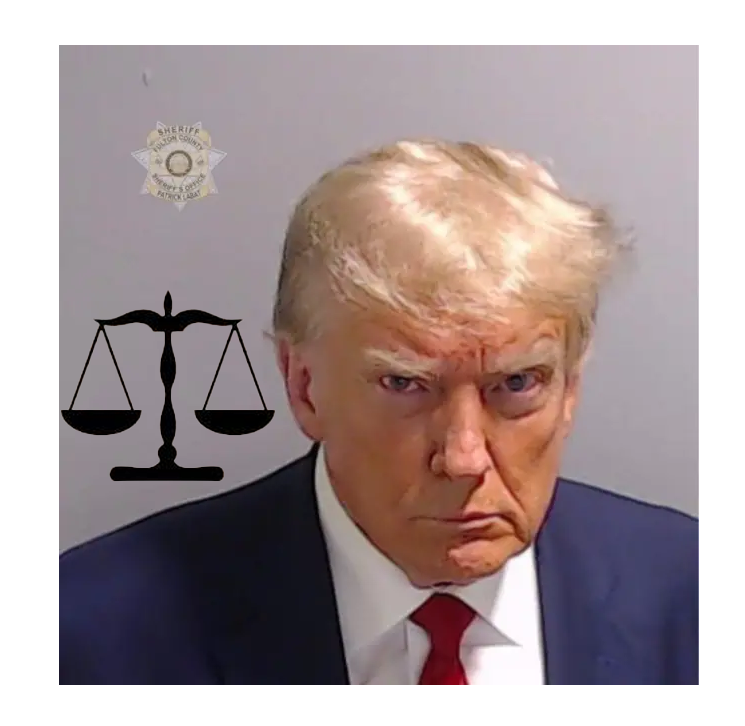
As the Attorney General of Massachusetts files suit after suit against President Donald Trump, the legality of the Trump Administration’s actions is set to become increasingly relevant to the Nobles community. Between bypassing Congress to achieve control over government funding, stacking the judicial system to protect his executive orders, and revoking Constitutional rights, the Trump Administration currently holds itself in a class exempt from, but not above, the law. Trump’s manipulation of the separation of powers could give him more power within the United States. The question remains: Has President Trump broken the law?
Legislative Power
Donald Trump began his presidency on January 20 by drafting an executive order to declare a national State of Emergency at the U.S.-Mexico border, claiming that “America’s sovereignty [was] under attack.” He allowed the Armed Forces to address the issue using “all appropriate action,” including sending troops and building “physical infrastructure,” or walls. Trump stated that these actions were legal or “implemented consistent with applicable law.” Technically, the president can declare a state of emergency at his discretion, but the actual illegal border crossing numbers were down 60% in 2024, according to the US Customs and Border Protection. Why declare a crisis when the situation is quelling? In a state of emergency, the president can allocate funding from one body to another without approval from Congress. In other words, Trump can channel money to building walls and arming Border Patrol agents as he sees fit, giving him power typically given to Congress to distribute power between agencies. This rule was implemented to allow for speedy governmental responses to potential crises, and Trump’s usage of it violates certain precedents regarding the separation of powers in the U.S. government. It isn’t illegal, but it is frowned upon by some. Still, the order remains in place.
Trump recently appointed Elon Musk as a “special government employee” with significant responsibility in the Department of Government Efficiency (DOGE), which President Trump organized, and which has access to the data of U.S. citizens. Musk, the billionaire mogul and friend of Trump, was sued by 14 states for having violated the Appointments Clause of the Constitution. The lawsuit claimed Trump had given Musk “virtually unchecked authority without proper legal authorization from Congress” in his creation of DOGE. The verdict aligned with Trump’s counsel’s response, stating that legally, Musk is not a government employee and has “no greater authority than other senior White House advisors.” Trump has so far avoided a legal breach with DOGE, and Musk still stands beside him in the White House.
Judicial Power
Trump’s actions have also involved the Judicial Branch and affected his criminal indictments and convictions. As of February, Trump has appointed three Supreme Court justices and nominated over 230 federal judges throughout both his presidencies. These efforts recall those of Roosevelt’s Court Packing Plan, which Congress rejected because it overstepped FDR’s presidential responsibilities. However, Trump has not proposed to expand the Supreme Court; he has instead shifted it considerably to a 6-3 conservative majority. Paired with the mass firing of officials this year, these judges have played a significant role in blocking or delaying progressive legislation, often aligning with Trump’s political views and promoting conservative legal principles. For example, the Supreme Court, then 5-4 conservative-liberal, held Trump’s travel ban on individuals from predominantly Muslim states in 2018. However, when a SCOTUS slot opens, the president must fill it; these are all legal measures and have longstanding legal repercussions.
Trump’s actions, though at times skirting the law, grant him power with a reduced likelihood of facing legal consequences for them. His increasing control over the other branches of government might circumvent the intent of the U.S.’s government structure, but it isn’t illegal.
